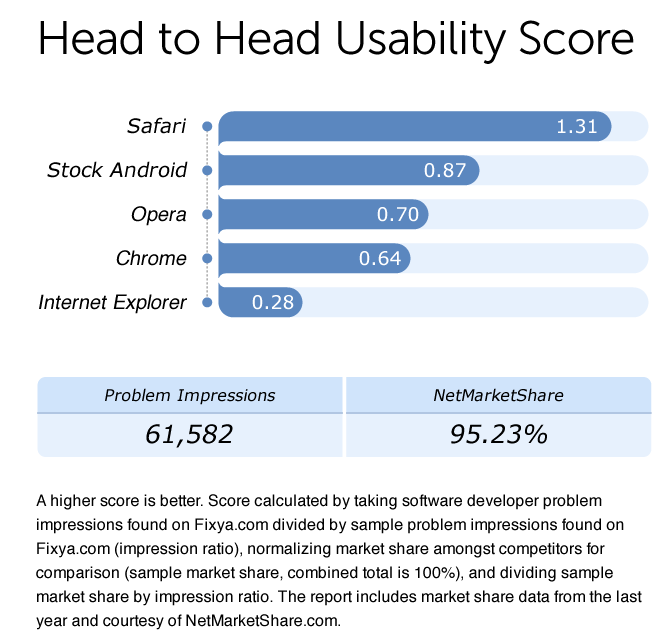We are going through a browser renaissance. The once stale segment has heated up with offerings from the most prominent players like Google offering Chrom and Microsoft offering Edge, all the way to small niche players like Opera, Brave and the DuckDuckGo Browser.
Browsers are typically chosen for their appearance and plug-in availability, but I believe privacy should be a more prevalent concern.
I am reminded of a 2004 BBC article that proclaimed, "More than 70% of people would reveal their computer password in exchange for a bar of chocolate, a survey has found." hopefully, we have evolved past this now.
1- Google Chrome
Google’s Chrome browser is by far the most popular browser in the world. It has a robust ecosystem of extensions. It should come as no secret to any Chrome user that Google is tracking user behaviours such as location, web activity and other habits. These are then used to present you with relevant advertising across Google and non-Google properties (those amazon boots that keep following you).
We also know that incognito mode isn’t much better.
Recently Google announced, then pushed back, the death of the cookie. This was not an altruistic move to benefit users because they will use a new on device cohort creation model called FLoC. If you use Chrome and are curious about FLoC, check out the well written site by the EFF called AmIFLoCed?
You can ops our of third party cookies right now by clicking on Settings, Privacy and Security, select Cookies and other site data. Finally check the box that says Block third-party cookies.
Obviously anything set by a first party won’t be blocked (Google setting it on a Google property or Facebook setting it on Facebook, WhatsApp or instagram, etc). To block first party trackers, you should be using tools like uBlock Origin, although Google has slightly defanged those tools in newer versions of their browser.
2- Microsoft Edge
Microsoft’s newest version of Edge is powered by the free and open source Chromium project. Microsoft then adds layers of proprietary tools on top of it and some are to enhance user privacy. It is safe to assume that all the build in Google trackers have been removed (think telemetry). If you want a Chrome experience without the Google bits, Edge is a good alternative.
In Microsoft Edge, Tracking prevention is on by default.
Microsoft Edge has 3 pre-configured levels of privacy protection: basic, balanced and strict.
Go to Settings, then go to Privacy and services to choose your level of Privacy.
















